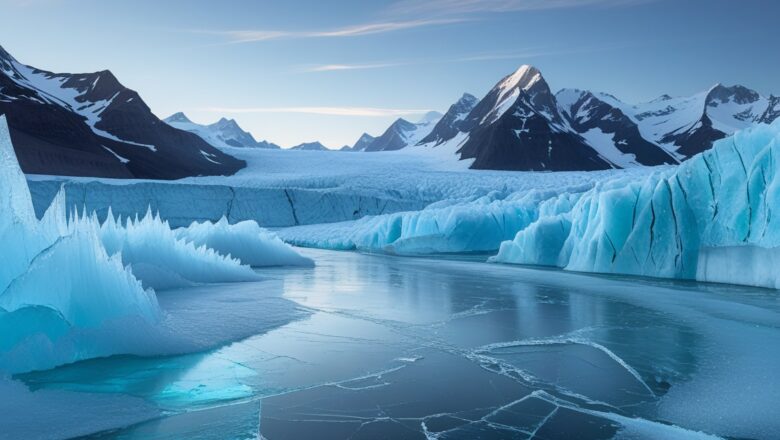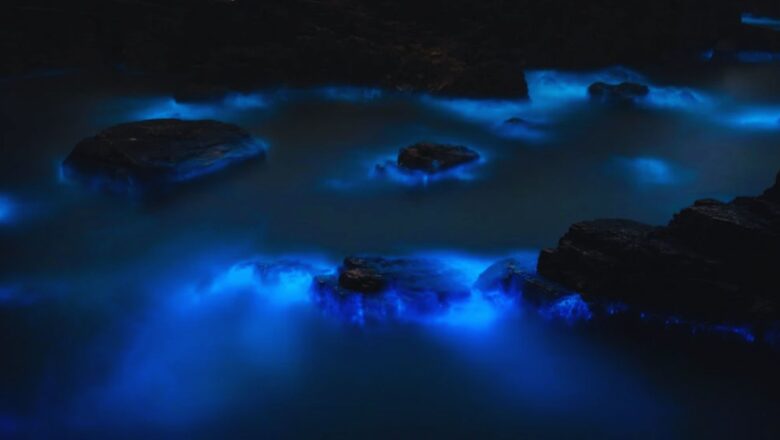
Turkmenistan Leads Cryosphere Resilience Efforts with National Climate Workshop in Ashgabat
Ashgabat hosts critical regional initiative to transform climate strategies into national action as Central Asia responds to escalating cryosphere challenges
Ashgabat, the capital of Turkmenistan, became a key hub of regional climate dialogue on May 12–13, 2025, as it hosted a high-level national workshop focused on translating Central Asia’s climate resilience strategies into actionable national plans. This pivotal event is part of a broader international initiative under the Global Environment Facility (GEF), United Nations Development Programme (UNDP), and United Nations Educational, Scientific and Cultural Organization (UNESCO), dedicated to strengthening cryosphere monitoring and fostering sustainable development across Central Asia.
The Ashgabat workshop, the fourth in a se...


